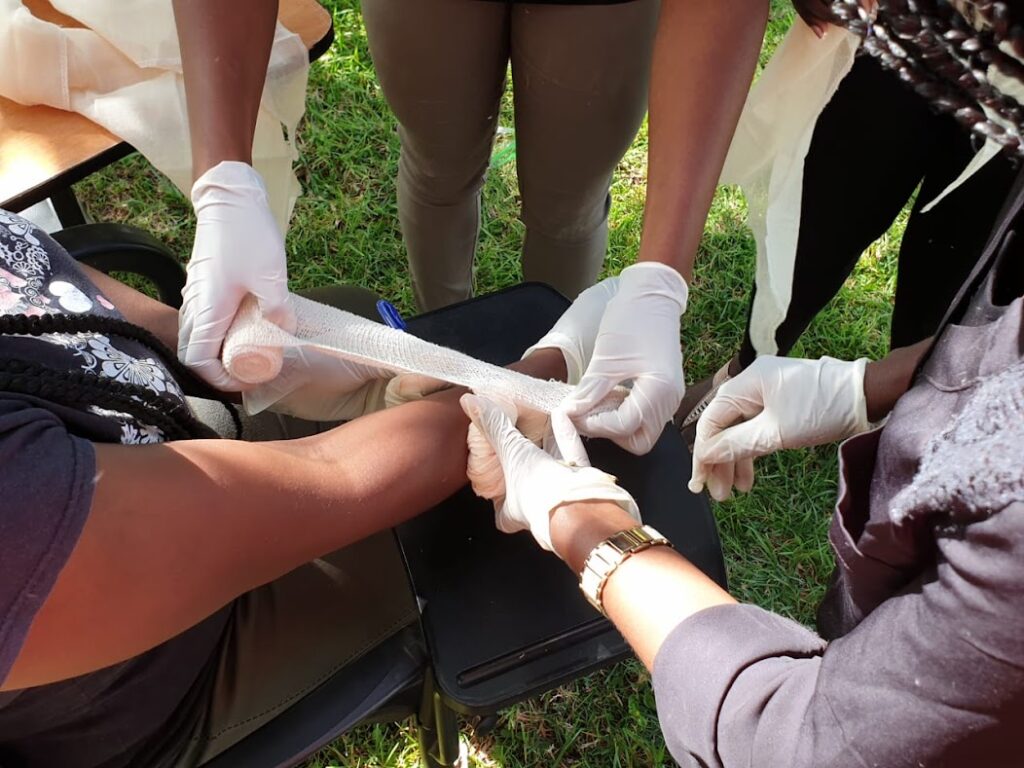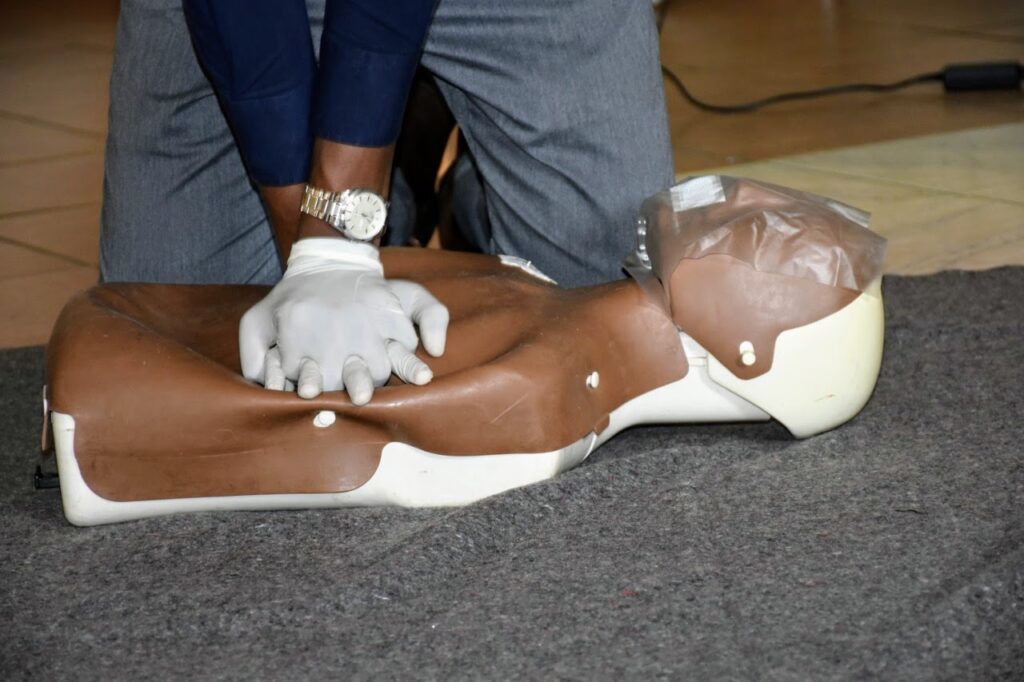Seizures, Convulsions & Epilepsy – The Difference.
A SEIZURE is a sudden, uncontrolled change in behavior caused by abnormal electrical activity in the brain.
Causes include a medical condition called EPILEPSY, head injuries and even low blood sugar.
Seizures are accompanied by two major things:
- Loss of consciousness: The person may lose consciousness and fall to the ground.
- CONVULSIONS: sudden, violent, irregular movements of the hands and legs, caused by involuntary contraction of muscles.
Seizures can vary in severity and duration. Some seizures may last only a few seconds while others may last for several minutes. In some cases, a person may have multiple seizures in a row.
Causes of convulsions
Convulsions are rapid, involuntary muscle contractions that cause uncontrollable shaking and limb movement. They can continue for a few seconds or many minutes.
1️⃣ Epileptic seizures
Occur due to Epilepsy – a condition that causes a person to experience multiple seizures.
The most common type is called tonic-clonic seizures. “Tonic” means stiffening, while “clonic” means jerking. These movements describe the primary characteristics of the seizure.
2️⃣ Febrile convulsions
These affect children between 6 months and 5 years who are experiencing a fever.
3️⃣ Non-epileptic seizures
Some people experience symptoms similar to those of an epileptic seizure but without any unusual electrical activity in the brain.
Triggers include: Fainting, low blood sugar, panic attacks & anxiety.
4️⃣ Medication reactions
Antidepressants, stimulants, and antihistamines can cause seizures in some individuals.
5️⃣ Infections, fever, and injuries affecting the brain.
Epilepsy and its triggers
A trigger is something that can bring on a seizure in an epileptic person.
1️⃣ Missed Medication
Missing medication can cause your seizures to occur more often than usual or be more intense.
If you do miss your medication, take it as soon as you remember. Avoid doubling up on your doses.
2️⃣ Lack of Sleep
- Changes occur in the brain’s electrical and hormonal activity while sleeping. These changes can be triggers, which is why some people tend to have seizures while sleeping.
- Sleep deprivation can also aggravate your seizures.
3️⃣ Menstruation
- About half of women of childbearing age with epilepsy have increased seizures around their period.
- During your cycle, there may be times when you don’t get enough progesterone, or the balance between the two hormones is off – causing seizures to occur.
4️⃣ Stress
One study found that some people feel a loss of control when they are stressed and develop anxiety. This can cause someone to breath quickly and deeply which can increase abnormal brain activity and provoke seizures.
5️⃣ Alcohol
Having too much alcohol at once in a short period of time can be triggers.
Alcohol-related seizures usually occur during withdrawal, when alcohol is leaving your system.
6️⃣ The Common Cold, Sinus Infection or the Flu
- Fever, the physical stress of being sick, and dehydration (from not drinking or eating normally, or from vomiting) can all bring on seizures.
- Flashing lights can cause seizures in some people.
- Nutrient Deficiencies
In some people, low levels of sodium, magnesium, and calcium can affect the brain’s electrical activity and cause seizures.
Convulsions – What to do
1️⃣ Help the casualty to the ground.
2️⃣ Keep them safe by moving anything that might hurt them. Place a cloth or pillow under their head.
3️⃣ Allow them to convulse and do not place anything inside the mouth or hold them down.
4️⃣ After they are done with the convulsions, turn them to their side and allow them to fully recover.
5️⃣ Give First Aid for any injuries sustained and help them take their medication if epileptic. Call for advanced medical help if need be.
Long term management for Epilepsy
- Daily medication
🔹Anti-epileptic drugs work by changing the levels of chemicals in your brain – effectively stopping seizures from happening.
⚠️ Never suddenly stop taking the medication as doing so could cause a seizure.
- Avoid triggers
Knowing what triggers a person’s seizures can help manage Epilepsy better by helping the patient avoid them.
- Ketogenic diet
🔹A ketogenic diet is a diet high in fats, and low in carbohydrates and protein.
🔹It should only be used under the supervision of an epilepsy specialist with the help of a dietitian as a high-fat diet is a risk factor for some health conditions e.g., diabetes and heart related disorders.
- Stress relief
🔹For some people with epilepsy, stress can trigger seizures. Stress-relieving and relaxation therapies such as exercise, yoga and meditation may help.

